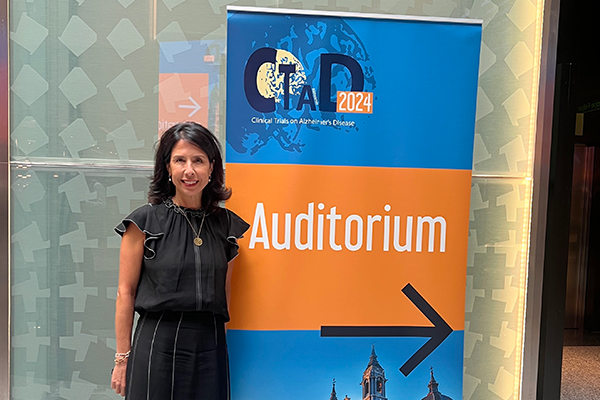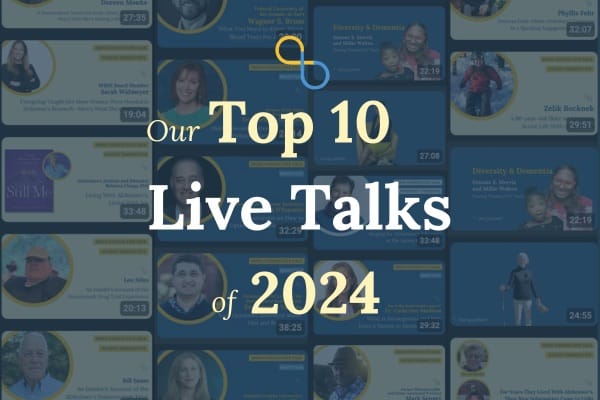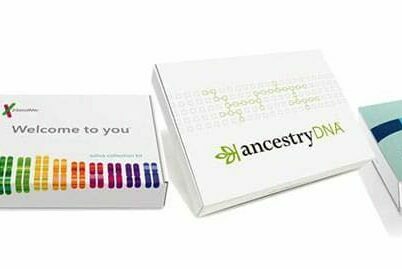Being Patient’s Deborah Kan looks back at 2024 — and ahead at plans for the new year.
The start of a new year is always a good time to reflect on past accomplishments — and set new goals. For Being Patient, 2024 was another banner year of growth. We are grateful to so many of you who shared your experiences living with dementia, and we continue to believe in the power these insights have in shaping the trajectory of research and care. Some milestones we achieved this year:
- We continue to be the leading resource for brain health and dementia news, with our community continuing to grow quickly and organically — as many as 1,500 people join our newsletter list in an average week, and we receive several millions views on our articles.
- Our team of journalists reported over 300 original stories on brain health and dementia last year.
- In addition to our daily news content, we published 22 essays in our VOICES series, written by caregivers.
- Our learning guides team launched 21 new interactive learning guides, on topics from monoclonal antibodies to MCI.
- We launched two major surveys on the topics of monoclonal antibody drugs and genetic testing for Alzheimer’s disease — and thousands of you answered!
- We launched two new landing pages to amplify the patient perspective: Journey to Diagnosis and and Diversity and Dementia.
- We held over 40 live talks, giving our community the opportunity to ask some of the leading experts on cognitive health and neurodegenerative diseases their pressing questions about science, treatments, and care.
One running theme throughout 2024 was that misdiagnosis — or a lack of diagnosis — is commonplace for people living with diseases like Alzheimer’s and other forms of dementia, and the best thing we can do here at Being Patient is expand our coverage of these topics, empowering you with the right information to ask your doctors important questions. So in 2025, we will do even more:
- We will relaunch our website to include evergreen, information-packed landing pages on mild cognitive impairment and each of the most common types of the dementia: Lewy body, frontotemporal, vascular dementia, and CTE.
- This year, we’ll launch a physician’s education program, bringing patient stories and scientist guidance directly to doctors — valuable resources for both general practitioners and neurologists on the gold standard for accurately diagnosing dementia.
My own mom’s Alzheimer’s diagnosis was a wake-up call about how a community of people impacted by brain health issues need and deserve access to the most comprehensive and accurate information so they can make the most informed decisions. As journalists, we remain committed to that mission. Our community is the North Star that guides us, and we are grateful to so many of you for sharing your thoughts and insights. Keep it going in this new year.



